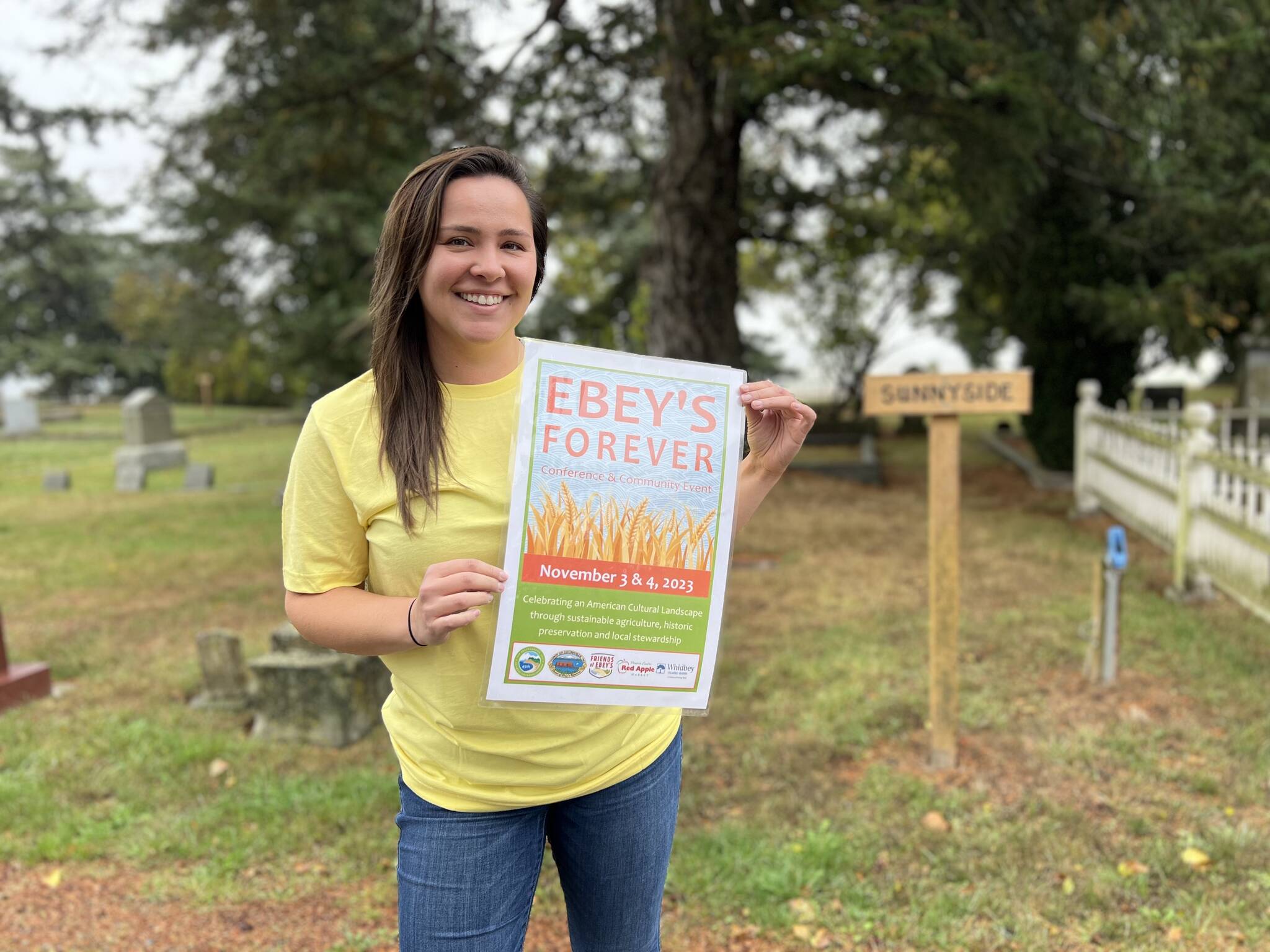A two-day series of field trips, talks and tours slated for the first weekend of November will highlight an area of Whidbey that played a pivotal role in the island’s history and, with the continued investment and care of community members, will remain a key player in the island’s future.
The Ebey’s Forever Conference, which will take place on Nov. 3 and 4, celebrates the 45th anniversary of Ebey’s Landing National Historical Reserve. The reserve was formed in 1978 to protect Central Whidbey’s historic farmland from development.
Reserve manager Marie Shimada said the reserve has seen a lot of success over the last 45 years; it has secured scenic and protective easements for many beautiful and historically significant parcels of land, provided valuable interpretation and education about Central Whidbey’s history and ongoing agricultural operations, and helped restore historic structures within its boundaries.
But the reserve’s work is far from complete. Shimada said that ongoing maintenance requirements, alongside the ever-changing needs of a rural community dedicated to preserving its land, ensure the reserve will play a key role in the future of rural spaces on Whidbey.
In conjunction with this mission, Shimada said, the purpose of the conference is two-fold: to teach attendees something new, and to instill in Whidbey residents a sense of pride about the unique place they call home.
The last Ebey’s Forever Conference was held in 2014. With the reserve’s 45th anniversary taking place this year, Shimada said she felt the time was right to bring the conference back. Her hope is that the conference will take place every five years in the future, in conjunction with upcoming significant reserve anniversaries.
The theme of this year’s conference is the area’s unique maritime heritage and culture.
The weekend will feature a number of lectures, with topics including the recent creation of the Maritime Washington National Heritage Area, historic structures located on the reserve, the future of the ferry system, the Central Whidbey Island Historic District and the history, rewards and challenges of farming Ebey’s Reserve.
The conference will feature two keynote speakers. On Friday, Nov. 3, Brian Cladoosby will deliver the first keynote address on honoring and understanding treaties made with Washington’s indigenous peoples. A member of the Swinomish tribe, Cladoosby has an extensive background of advocacy for tribes at the national level.
“I think right now culturally, there is a hunger for knowing these things,” Shimada said.
The second keynote address will be given by Brian Cladoosby’s brother, Tony Cladoosby, and his partner Michelle Calvin. The pair will speak about canoe culture and how they carry it on through their coffee roasting business.
Conference attendees can also participate in field trips to reserve locations such as the Island County Museum, Pacific Rim Institute, Sunnyside Cemetery, Price Sculpture Forest, Admiralty Head Lighthouse, Lavender Wind and the Coupeville Wharf. Join local farmers, business owners, historians and environmental experts for experiential learning opportunities that showcase many parts of life on Central Whidbey.
At 6 p.m. Friday, Nov. 3, the reserve will host its annual community potluck at Crockett Barn. Two bands will perform at this event. The potluck is free and open to the public, though advance registration is required.
Shimada said the community aspect is key to the reserve; she hopes Central Whidbey will continue to be a place where people feel welcome and accepted, then turn around and offer that same welcome and acceptance to others.
For Shimada, who grew up on Whidbey and plans to spend her life here, the reserve’s mission to preserve the character, land and history of the island is both personal and deeply important.
“It means everything to me,” she said.



